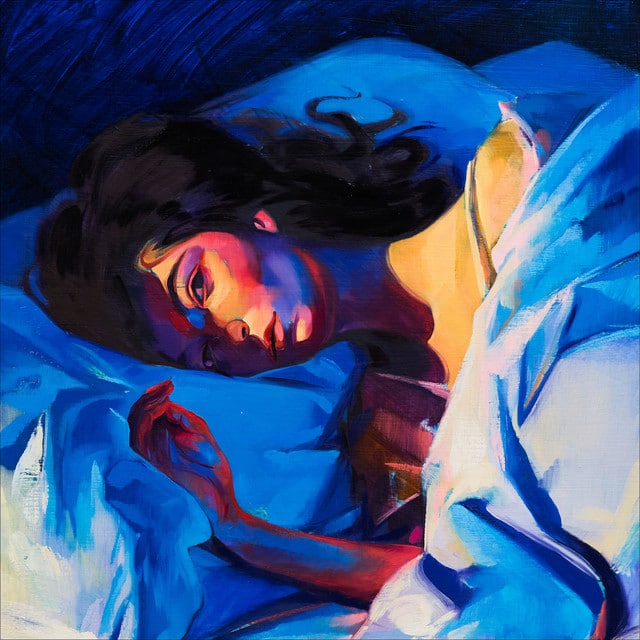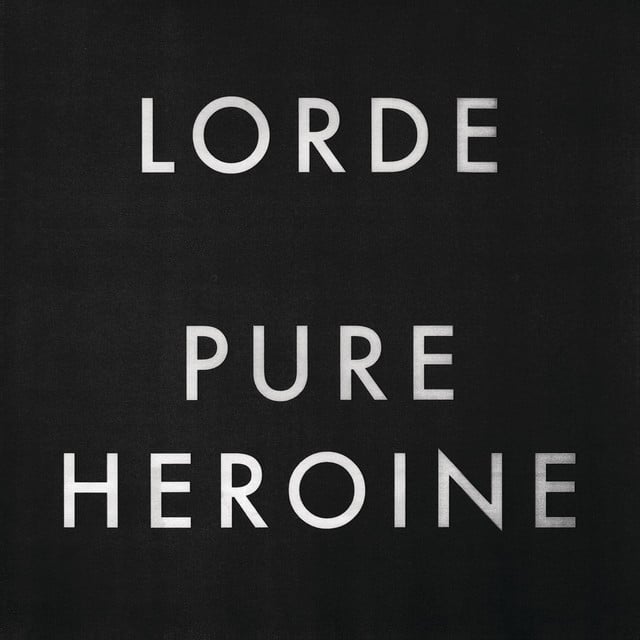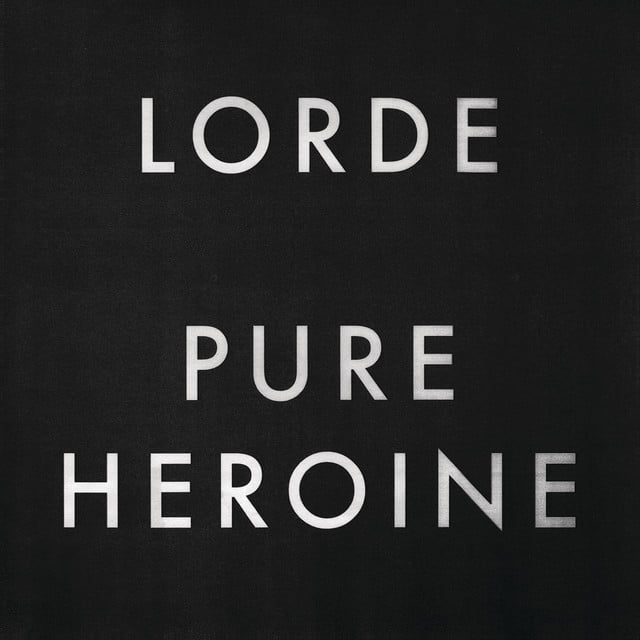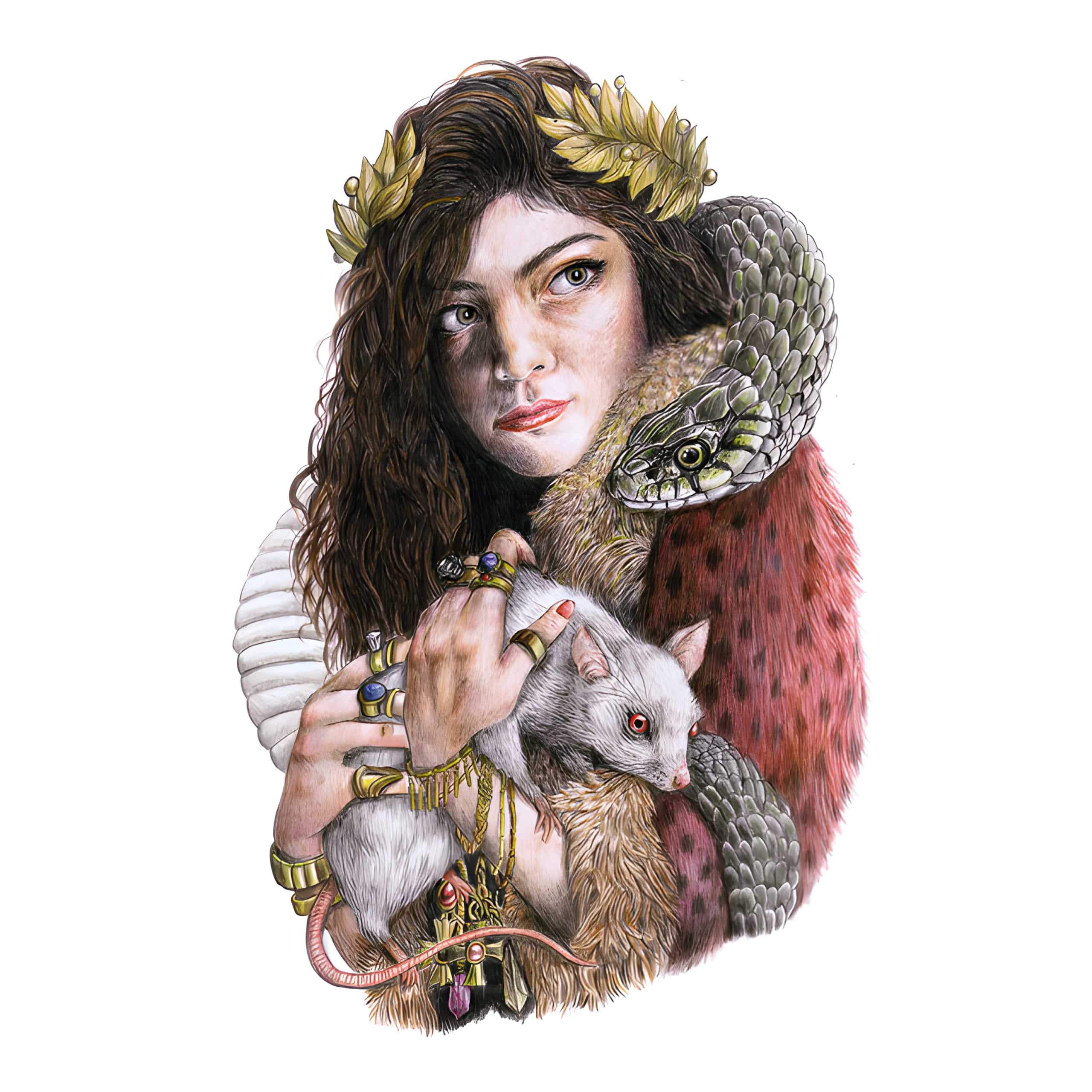Released: 2017
“Sober” by Lorde is a poignant musical exploration of the ephemeral nature of youthful escapism and the eventual reckoning with reality. The song delves into the intoxicating thrills of the party scene and the inevitable sobering aftermath when the day breaks.
Starting with the repetitive chant, “Night, midnight, lose my mind,” the song immediately embodies the woozy disorientation common in party culture. Lorde presents an image of herself caught in this cycle, breathless and caught in a nonchalant facade — “Oh, God, I’m clean out of air in my lungs / It’s all gone, played it so nonchalant.” This is a deft portrayal of someone trying to maintain their cool while navigating the chaotic party scene.
Then comes the quintessential question, woven into the chorus, “But what will we do when we’re sober?” This recurring line poses an existential dilemma, underscoring the stark contrast between the ephemeral high of party nights and the inevitable sobering reality that arrives with daylight.
Lorde’s usage of the phrase “every ribbon you used to tie yourself to me” is a poignant representation of relationships formed in the party scene, often as fragile and transient as a ribbon. Lyrics like “my hips have missed your hips” and “King and Queen of the weekend” portray the fleeting physical intimacy and temporary status afforded by this lifestyle.
In the bridge, the lines “we know that it’s over / In the mornin’, you’ll be dancin’ with all the heartache / And the treason, the fantasies of leaving” encapsulate the harsh reality. As flirtations fade with the daylight, they leave behind the sting of heartache and betrayal.
In the brilliantly sardonic line “Jack and Jill get f*cked up and possessive when it gets dark,” Lorde alludes to the nursery rhyme to depict how childishly possessive and reckless people can become under the influence.
The song winds down with repeated refrains of “Midnight, lose my mind,” a haunting echo of the initial exhilaration that eventually turns to mindlessness. The closing line “When you get to my high,” perhaps refers to the unique personal height of intoxication that triggers complete abandonment of reality, symbolizing the ultimate surrender to the highs of the night.
In summary, “Sober” presents a layered narrative that is both a glorification and condemnation of the party lifestyle, as Lorde vividly brings to light the temporary pleasure and inevitable comedown of these hedonistic pursuits.








